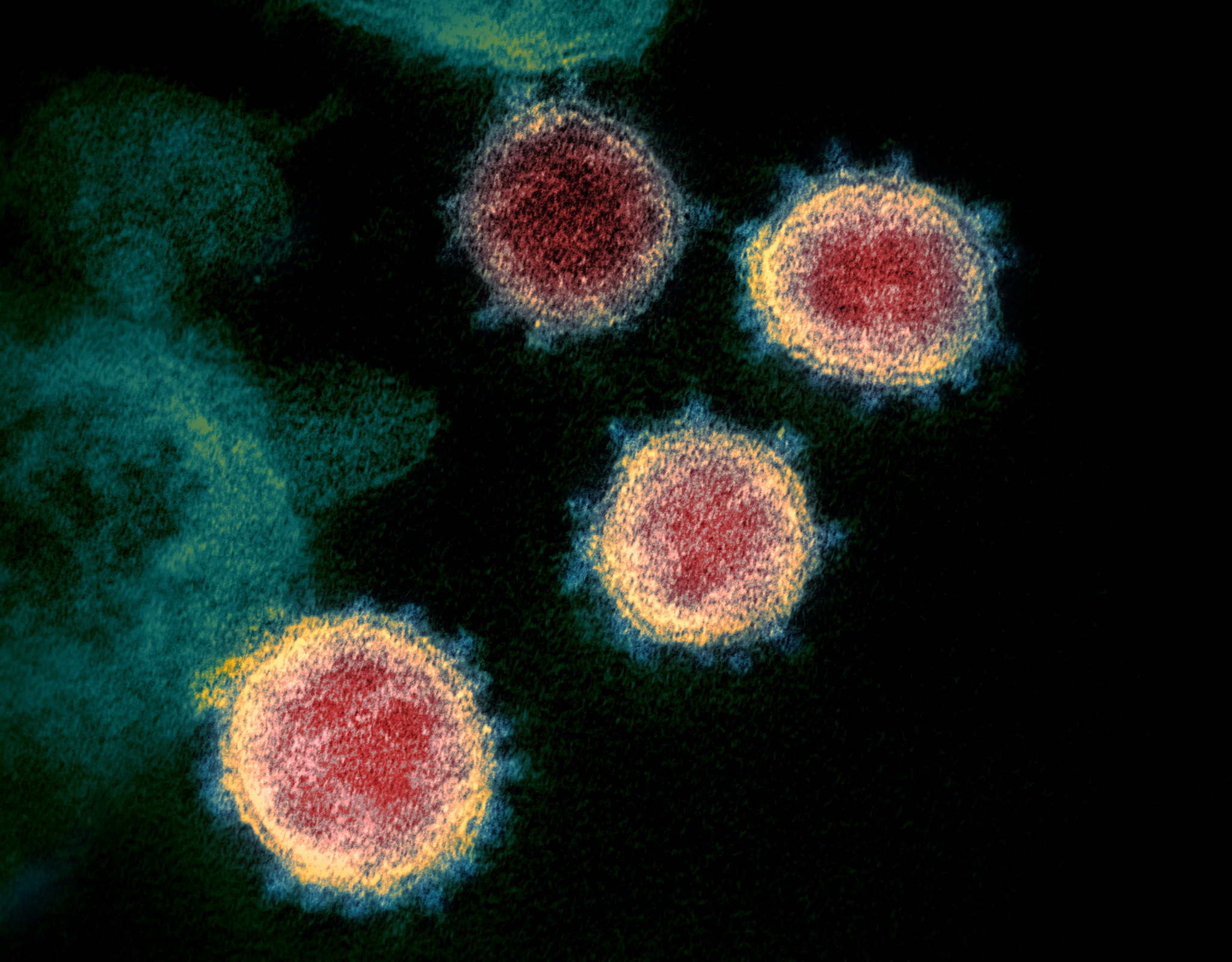US left with huge hydroxychloroquine stockpile after COVID-19 trial failures

The US has been left with a huge stockpile of hydroxychloroquine, after the World Health Organization abandoned research into the drug as a treatment for COVID-19.
While hydroxychloroquine has been used for decades to treat malaria, and can also be used in certain inflammatory diseases, the WHO said it had reviewed available evidence and decided to stop the hydroxychloroquine arm of the COVID-19 Solidarity Trial.
Solidarity is testing several different potential therapies for COVID-19, but its investigators made the decision based on evidence from the trial so far, as well as a Cochrane Review, the UK’s Recovery trial, and other evidence.
The WHO said that data from Solidarity including the French Discovery trial data, and the recently announced results from the UK's Recovery trial both showed that hydroxychloroquine does not result in the reduction of mortality of hospitalised COVID-19 patients, when compared with standard of care.
Investigators will not randomise further patients to hydroxychloroquine in the Solidarity trial. Patients who have already started hydroxychloroquine but who have not yet finished their course in the trial may complete their course or stop at the discretion of the supervising physician.
The WHO noted that this decision applies only to the conduct of the Solidarity trial and does not apply to the use or evaluation of hydroxychloroquine in pre- or post-exposure prophylaxis in patients exposed to COVID-19.
The UK’s MHRA put a hold on recruitment to the Recovery trial earlier this week after evidence that emerged earlier this month showed hydroxychloroquine did not reduce mortality or have any beneficial effect.
This followed the FDA’s decision to revoke an Emergency Use Authorization for hydroxychloroquine in COVID-19.
According to CNN the Federal government now has a stockpile of more than 63 million doses of the drug, which had been championed by the Trump administration on the basis of preliminary trials earlier in the pandemic.
The US government has another 2 million doses of chloroquine, a related drug donated by Bayer, said CNN, citing a spokesperson for the US Department of Health and Human Services.
David Holtgrave, the dean of the School of Public Health at the University at Albany, who co-authored a study of the drug as a treatment for coronavirus, told CNN: "I worry that history will judge this as having over-invested in one treatment pathway as opposed to looking more broadly at a larger number of treatment candidates."
Feature image courtesy of Rocky Mountain Laboratories/NIH












